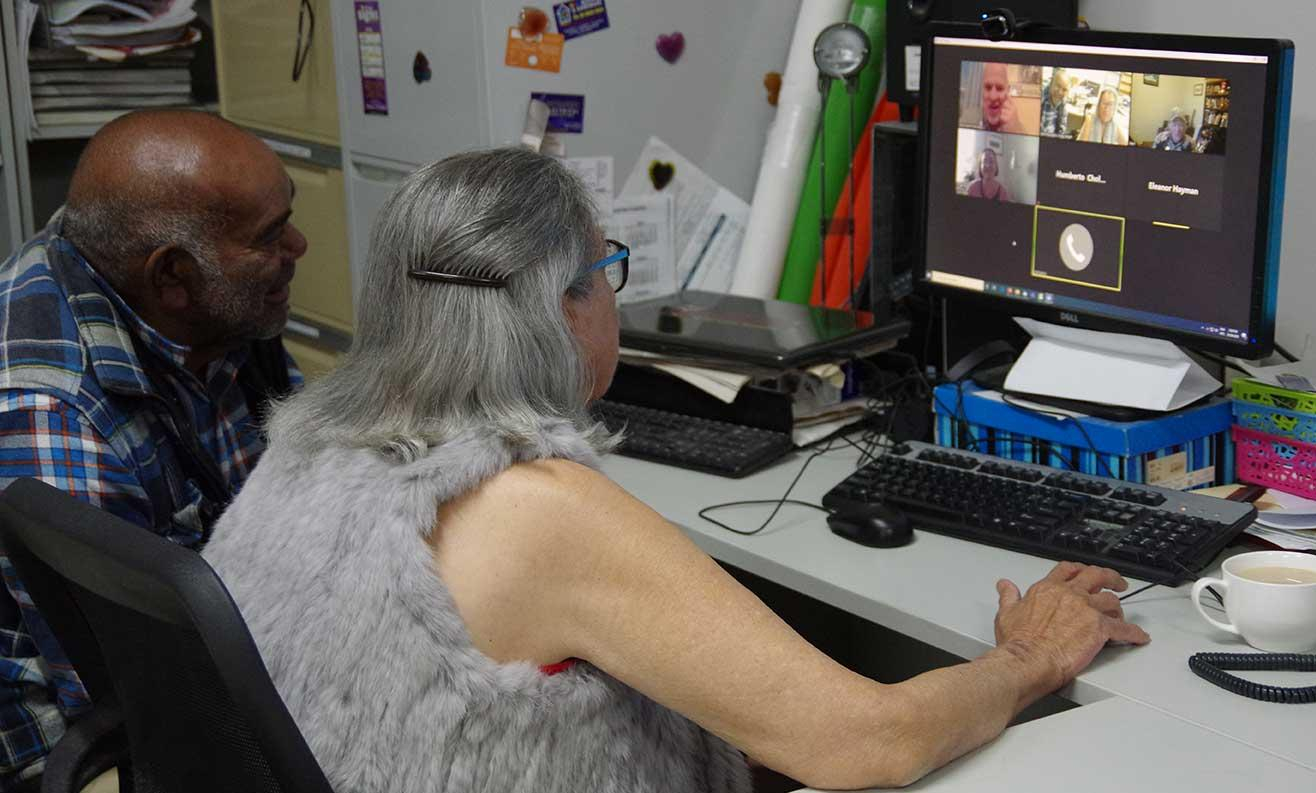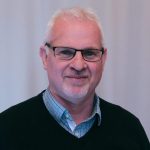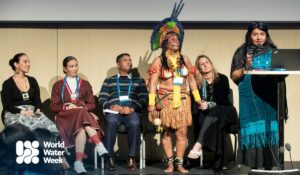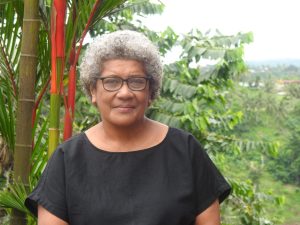The rivers are sick: Aboriginal Elders take action to protect their rivers
The Dharriwaa Elders Group has sent us a message for the International Day of the World's Indigenous Peoples.
Many Indigenous Peoples look to balance immediate and future human needs with those of plants, animals, and spirits, based on traditional ecological knowledge and principles and practices. This is based on a deeply rooted water wisdom and long relationships with their territories.
Dominant narratives and systems need to find ways to acknowledge and incorporate these perspectives for successful climate action, particularly in a water context. So far, Indigenous Peoples knowledge has “not translated into large-scale changes in thinking within the water sector as it has done in other sectors” according to David Hebart-Coleman of SIWI, who is an environmental planning and policy expert.
“It has been much more strongly noticed in the space of biodiversity and ecosystem services.” He adds that whether the rights of rivers or Indigenous People’s over their land are formally recognised or not, “Indigenous Peoples continue to fulfil their obligations towards water and their places, and continue to protect them.” While Indigenous Peoples live in and manage a quarter of the world’s land, they have legal ownership of a very small percentage of their ancestral territories.
A message from Dharriwaa Elders Group
Previously, David has worked with the Dharriwaa Elders Group of Australia. The Group has prepared a contribution to a forthcoming report on Indigenous Peoples and water governance being prepared by SIWI.
“The rivers are sick and we are trying to do what we can to bring them back to life.”
We were to interview Elders for the International Day of the World’s Indigenous Peoples, but Secretary of the Group, Viriginia Robinson was taken ill on the day of the interview. The Dharriwaa Elders Group have sent us a message instead.
The message
Today as we write, Dharriwaa Elders Group is training a ranger team of 4 people. They are learning from Elders about the waterways and other places. Together with Elders and scientists with long standing and trusted relationships, the team is developing conservation programs. A major part of of the team’s activities involves prioritising river protection and advocacy for keeping our rivers healthy.
Choosing the name Dharriwaa
Our group, the Dharriwaa Elders Group (DEG), is a small association of Aboriginal Elders living in Walgett on a floodplain, in the Northern Murray Darling Basin in a remote region of New South Wales, Australia.
The town is located where the Ngamaay (pronounced Namoi) River runs into the Baawan (pronounced Barwon) river. There are three other rivers are within 50kms.
The association chose its name from Dharriwaa – a nearby wetland, because it is named by the Creator Bayaamii, as a place that is not the lands of any one species but shared by all. Walgett is a border town of three Aboriginal Nations, and from colonisation, Elders of these Nations live and work together in the Dharriwaa Elders Group for community development and management of Aboriginal cultural values and natural resources.
Advocacy for water protection
Negotiating access for the community to the rivers through private lands forms a big part of DEG’s efforts. We are lobbying New South Wales and Commonwealth ministers to stop a new law that will legalise the practice of harvesting large amounts of waters (known as floodplain harvesting) that otherwise feed the rivers.
Our rivers were dry for many months all through 2018 and 2019, wiping out river drinking water and negatively impacting our food security. The rivers have not recovered since.
The health of the rivers, groundwaters and the communities and ecosystems that rely on them are at stake. We are forced to now source high-sodium bore water for drinking, and most in our town spend more than $30 a week on drinking water from the supermarket.
’The rivers are sick’
Elders grew up in camps along the Walgett rivers and are enduring the changes to diet and lifestyle that the commodification of the rivers has brought. “The rivers are our lifeblood,” says DEG Secretary Virginia Robinson – currently unwell in hospital with Covid. Clem Dodd, DEG Chairperson “I grew up on the Baawan and most days would get a feed of fish for myself and my family. That’s all gone now. The mussels and the river snails have gone, the eels, the catfish, yellowbelly and cod. If I go fishing now all I catch are carp [non-native invasive species] so I don’t bother anymore. The rivers are sick and we are trying to do what we can to bring them back to life.”
Bold action
The Dharriwaa Elders Group are actively working on various conservation topics, and continue bold action to protect their rivers. On 6th May 2022, they issued a statement about including the impact of climate change on all water management policy and planning.
More on the topic
Learn more about indigenous knowledge and water, find resources or ways to collaborate.
Read further








